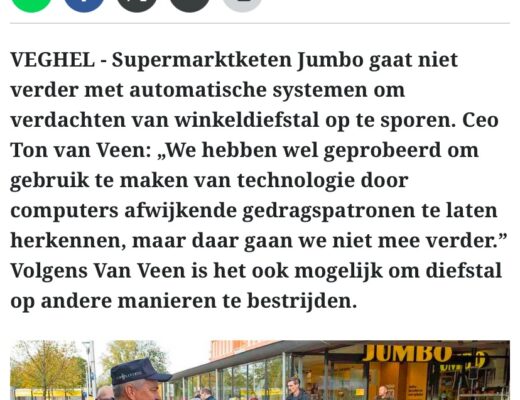
In yet another update to the Amazon Ring doorbell series, Ars Technica reports that Amazon is now partnering with Flock Safety. Flock’s payoff is “Shaping the Future of Safety, Together” and touts itself as : At its core, Flock Safety is an American company — founded by American entrepreneurs, manufacturing U.S. products that help Americans stay safe and thrive. We believe that everyone has a right to feel safe in this country. On the side: quite the feat to cram 4 ‘America first’ maga dogwhistles in one sentence. The basic idea is that users are harnessed to assist in investigations, […] Read More


















